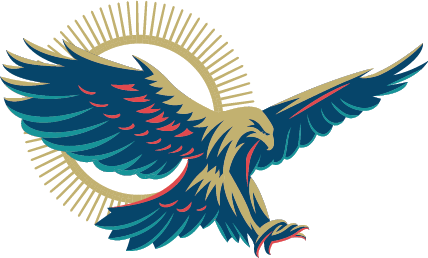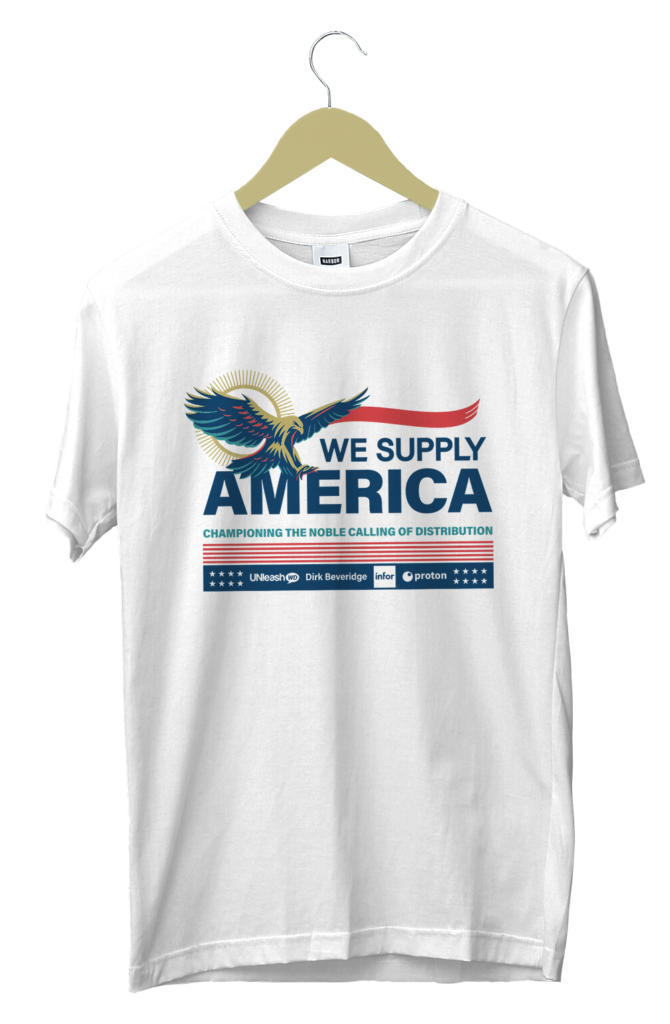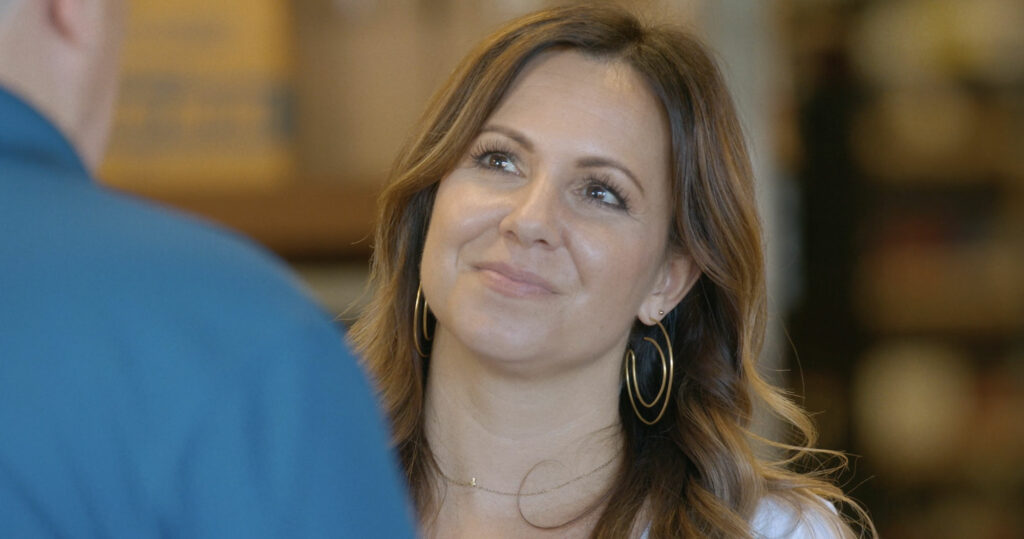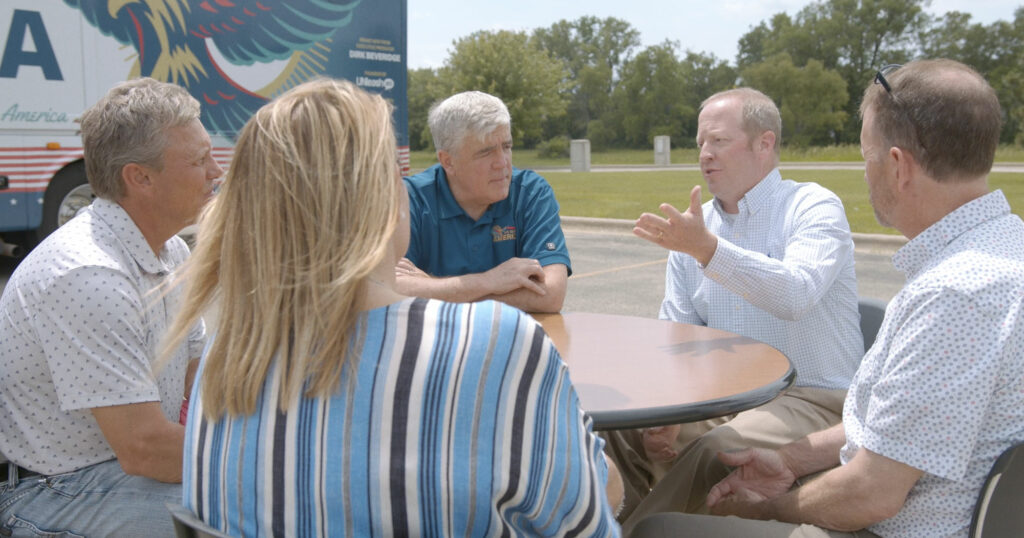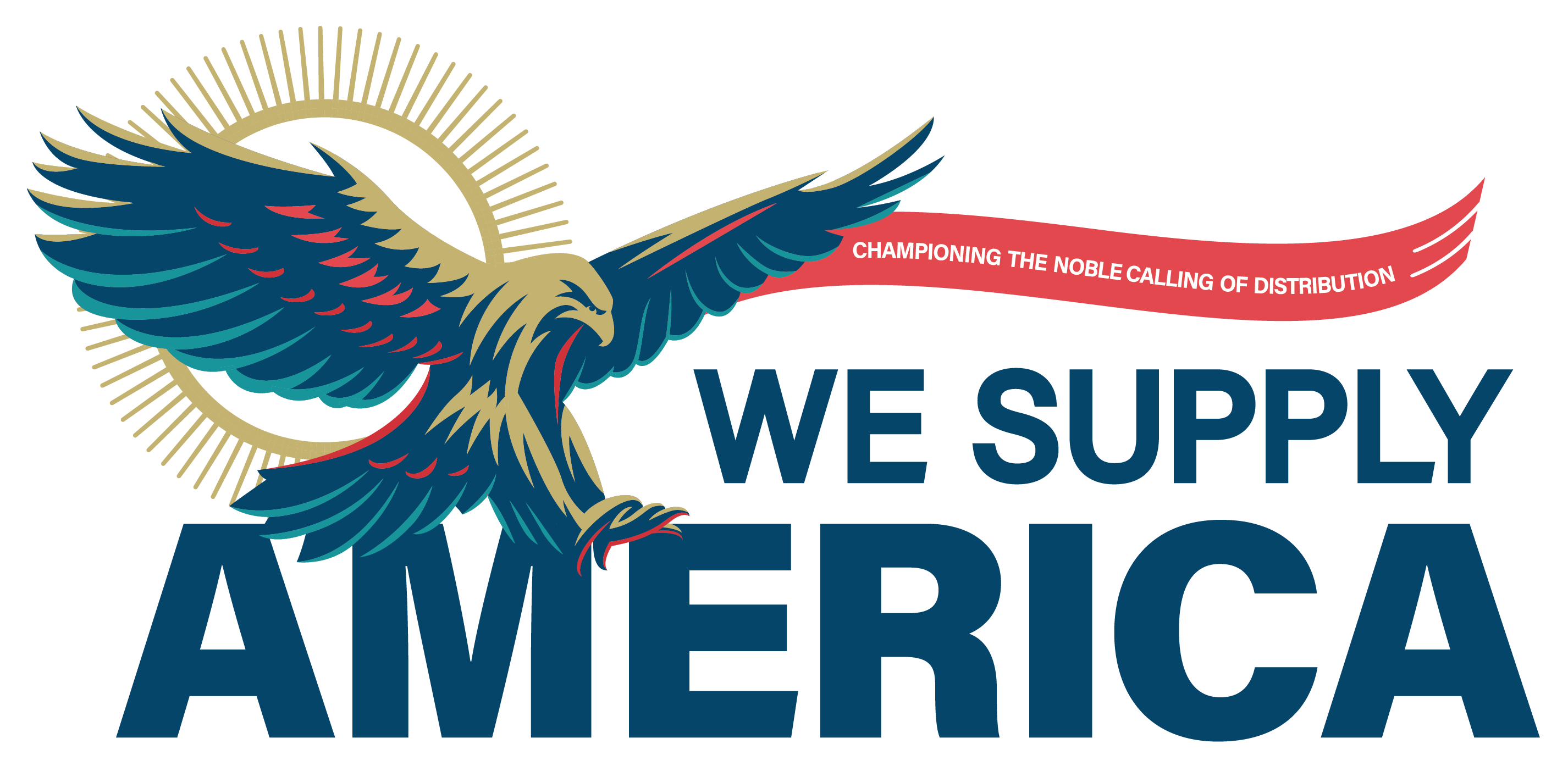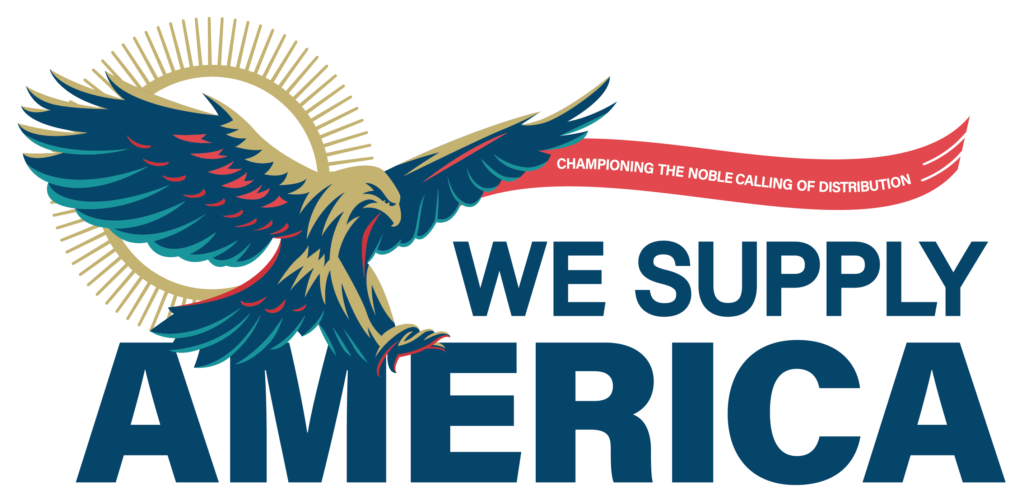I saw it time and time again—even employees in entry-level roles carry an ownership mindset and take pride in their company. This is why ownership mindset is one of the seven core ethos of the noble calling of distribution.
A key to cultivating an ownership mindset among employees is transparency. Employees need to understand why a company operates the way that it does and what value system drives those operational choices. When employees see the vision and trust their leadership, they want to play a part in the overall mission. They see how their function plays into the bigger picture, and they embrace that responsibility. This enables leadership to delegate responsibilities—and I don’t mean delegate as in “telling people what to do and then watching as they do it.” True delegation is trusting your staff to take ownership of their responsibilities, believing that they will step up to the plate, and giving them the space to do it.
Caring about outcomes is such a big part of the ownership mindset, and throughout the We Supply America tour, I noticed that many companies included their employees in the business management process by broadcasting company metrics on large televisions throughout the facilities. You could see revenue, sales, and quality assessment charts easily throughout the day to understand how the company was doing. In this way, every person in the organization can understand and see the performance of the company, and then relate what they do day-in and day-out to achieving those overall goals and objectives.
That’s what an ownership mindset looks like in practice.
Of the 33 distribution companies visited during the We Supply America tour, many were run under an employee stock ownership plan (ESOP). This is a tangible way by which employees can connect to an ownership mindset because they are, quite literally, part owners in the company.
Dakota Supply Group is one of the ESOP distributors that took part in the We Supply America tour. CEO Paul Kennedy said that structuring their company as an ESOP promotes responsibility among employees.
“An employee-owner mindset means our employees take responsibility for positive outcomes, and they are responsible to make good decisions for DSG. It empowers them to think and act like business owners because they have a personal vested interest in the success of Dakota Supply Group.”
But operating as an ESOP isn’t just a single-step process for creating an ownership mindset. Paul also said that they support their employees by communicating clearly with their team. “Communication and transparency are key,” he said. The team shares strategies, business objectives, goals, and financial results and discusses them at all levels.
“When our employee-owners understand their role in the success of DSG, they become engaged—because it is also their success. They have a personal, vested interest in DSG. To me, it’s not only an additional form of retirement but a whole new level of joint accountability. Our everyday actions have a direct impact on ESOP value. We control our destiny, and it is up to each of our employee-owners to make it happen.”
Collaboration and unity are at the core of this ownership mindset. Every company member must be on the same page if they want to cultivate a culture of ownership. This is why it’s so important for companies to clearly outline their goals, choose the right employees, and hold each other accountable. Accountability is essential. And as much as holding each other accountable is key, it’s equally as important to hold yourself accountable—that’s what it means to internalize the ownership mindset.
At Hovis Auto & Truck Supply in Pennsylvania, this was certainly true. Cliff and Curt Hovis, President and Vice President of the company, talk about the ownership mindset through the lens of teamwork.
“It’s us against the world” is a heartfelt way to say that they truly own what they do. And this approach applies from top to bottom. Each team member knows that they have both the responsibility and the capacity to take care of issues that arise—they are empowered to problem-solve and own solutions. And Hovis not only instills this responsibility in their staff, but they also reward their staff for being accountable and putting their effort and focus into their tasks, by building an environment of growth and respect, where everyone’s input is appreciated and valued.
Every successful distribution company right now runs on this model of clear communication, strategic goals, and constant assessment and improvement. It’s evident from the highest, most macro-level goals to the smaller, more day-to-day operations behind the business. This ownership mindset is a critical ethos in the noble calling of distribution because it’s all about taking responsibility for business outcomes and feeling empowered to make decisions, proactively drive improvements, and act with a work ethic and integrity that truly separates these small and midsize independent businesses from the rest.
